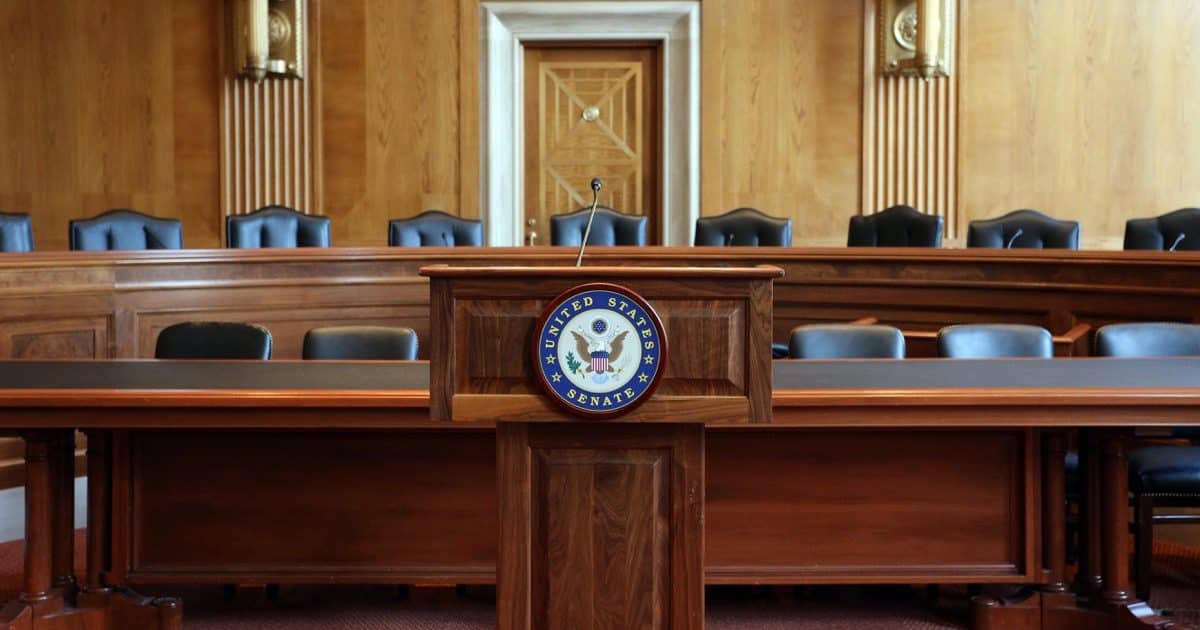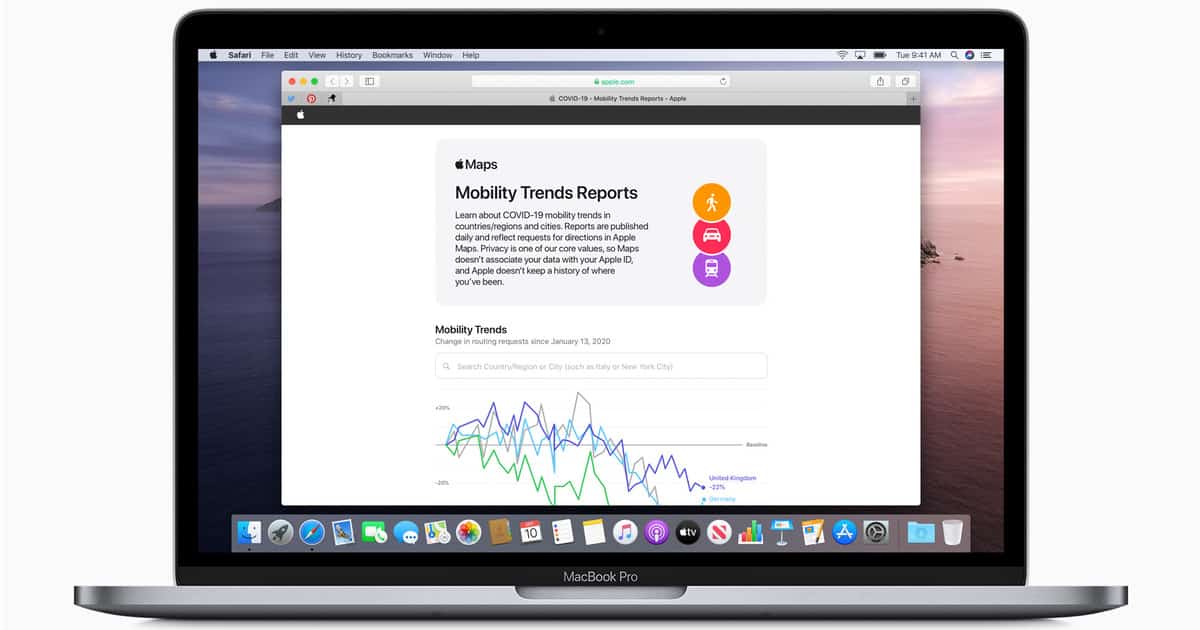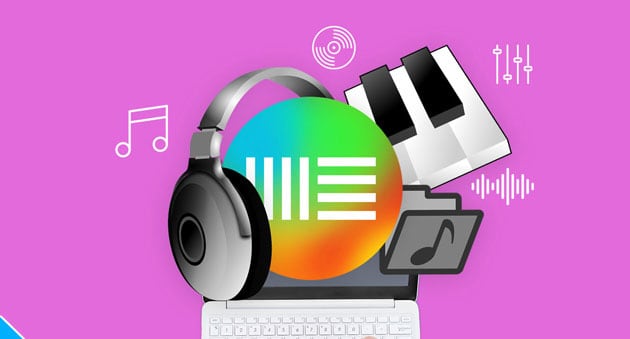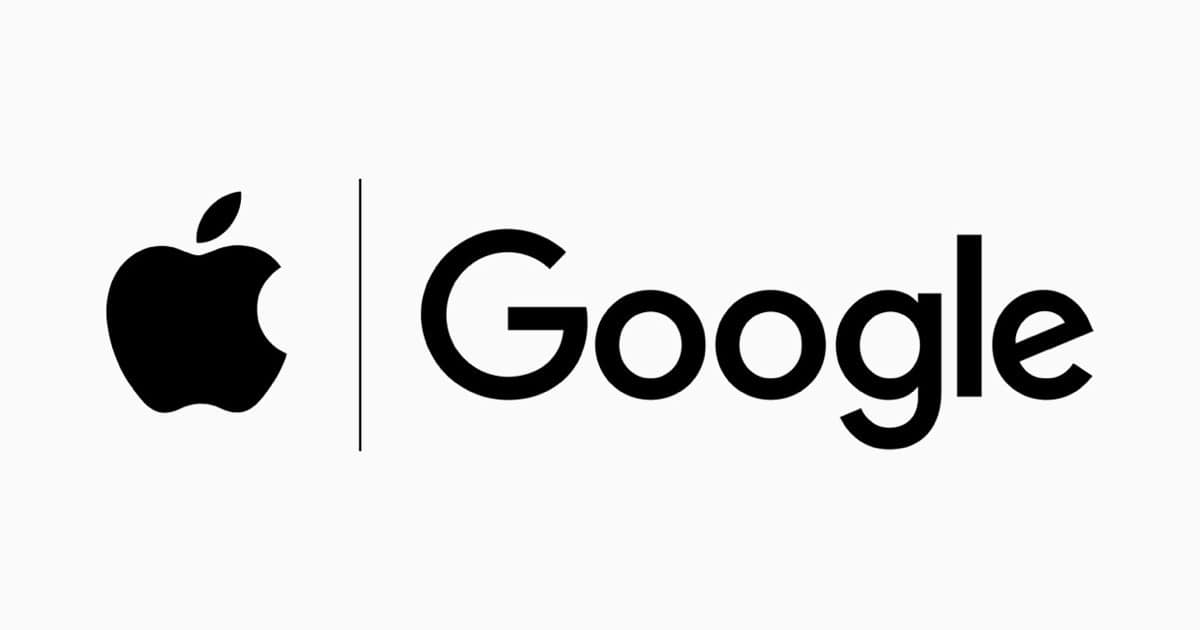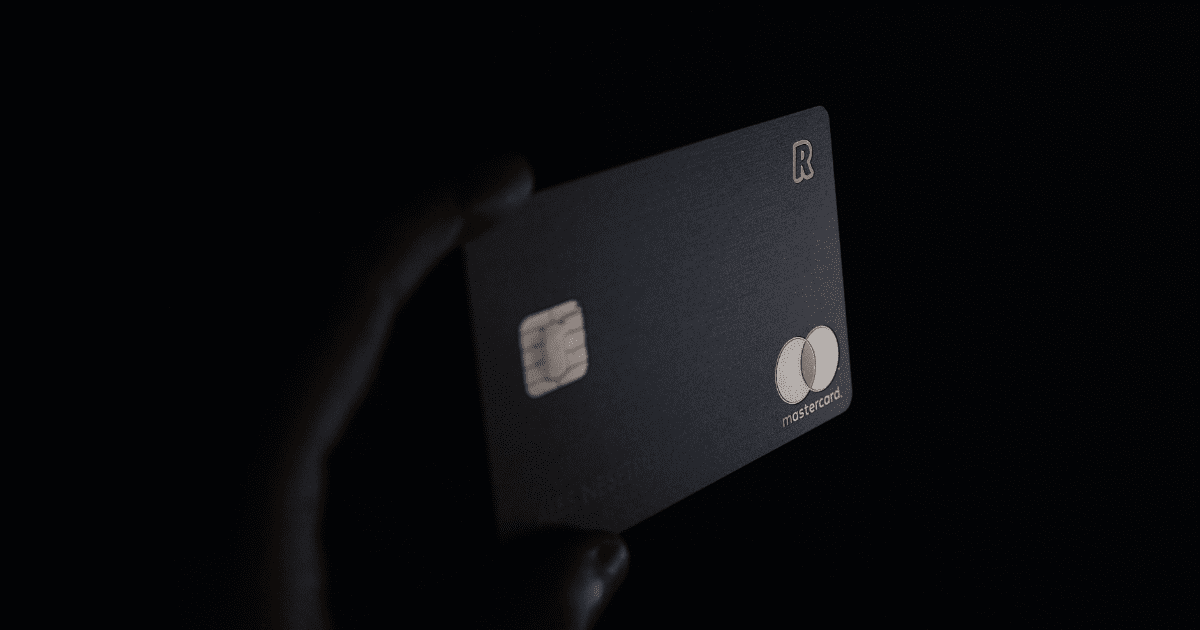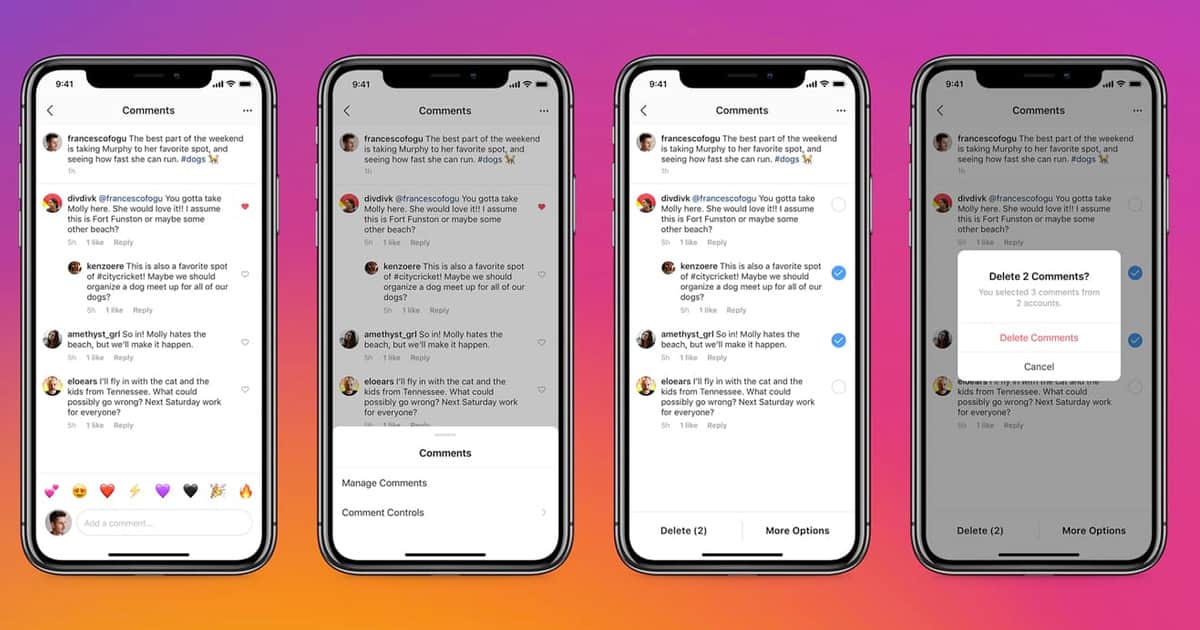Bryan Chaffin and Charlotte Henry discuss what seems like a blistering pace of new Apple products, even in the midst of a pandemic. Charlotte explains why she is so excited about the digital version of Apple’s World Wide Developer Conference (WWDC) coming in June, and they both look at the product they wish Apple would make.
Senate Vote Lets FBI View Your Browsing History Without Warrant
As part of a reauthorization of the Patriot Act, the Senate voted to let the FBI access Americans’ web browsing history without a warrant. I could say a lot of bad things about this, but this is the part that disappoints me the most:
Sens. Ron Wyden (D-OR) and Steve Daines (R-MT) attempted to remove the expanded powers from the bill with a bipartisan amendment.
But in a shock upset, the privacy-preserving amendment fell short by a single vote after several senators who would have voted “Yes” failed to show up to the session, including Bernie Sanders. 9 Democratic senators also voted “No,” causing the amendment to fall short of the 60-vote threshold it needed to pass.
Just one vote.
Apple And Google Mobility Data Being Used to Track Post-Lockdown Economic Recovery
Mobility data from Apple and Google is being used to help track any economic recovery following the loosening of coronavirus lockdowns.
Michael Jackson Wanted to Buy or Partner With Apple, New Book Claims
Michael Jackson wanted to buy or partner with a variety of major companies, one of which was Apple, according to a new book.
Netflix is Still Throttling HD and UHD Video
Netflix continues to degrade HD and UHD video quality in the UK and Europe, long after bit rate caps were supposed to have been removed.
Complete Ableton Live 10 Music Production Training Bundle: $29.99
We have a deal on the Complete Ableton Live 10 Music Production Bundle, a collection of six tutorials with 16.5 hours of content and 215 lectures. The tutorials cover the basics, recording, editing, using synths and sampling, audio and MIDI effects, and DJ techniques and controllers. It’s $29.99 through our deal.
Eero Mesh Routers Available on Apple.com
Today eero announced that its mesh routers are now available to on Apple.com, like the Mesh Wi-Fi Router and Beacon Mesh Wi-Fi Range Extender.
Xiaomi CEO Lei Jun Caught Using iPhone
Xiaomi CEO Lei Jun was caught using an iPhone after he posted a message on Weibo using the device.
In all fairness, Lei Jun is reported to have stated in the past that officials and staffs of Xiaomi are not banned from using competing brands. But some hold the opinion that it is distasteful and disrespectful to fans for the Xiaomi founder to use an iPhone. Guess we don’t have to wonder anymore why the MIUI interface looks so much like iOS.
Reminds me of the multiple occasions where an Android manufacturer posted a picture on social media to boast how great their camera was, only for people to find out it was shot on an iPhone. In 2018 Vladimir Putin’s goddaughter was caught on camera using an iPhone. She was a Samsung ambassador and was sued by the company for 108 million rubles.
Ridley Scott Signs First Look Deal With Apple TV+
Director Ridley Scott and his production company Scott Free Productions have signed a first-look deal with Apple for Apple TV+.
Apple Watch With a Side of Android – TMO Daily Observations 2020-05-13
John Martellaro and Dave Hamilton join host Kelly Guimont to imagine how Apple Watch could work with an Android phone as a companion instead.
Wink Subscription Deadline Has Been Extended by One Week
Wink wants customers to sign up for its monthly subscription. The deadline—which was today—has been extended by one week to May 20.
Amazon Releases New Fire HD 8 Tablets
Amazon has unveiled new Fire HD 8 tablets which come with a 64 GB memory option and a kids-specific offering.
Apple Considers Creating Audio Versions of News+ Articles
A report today claims that Apple has been talking with publishers over the past few months to create audio versions of their News+ content.
The COVID-19 Contact Tracing Privacy Bind
There has been a lot of talk about how contact tracing apps could help keep people safe from COVID-19 as countries try to move out of lockdown. There’s a really useful piece on Bloomberg News outlining the issues between various proposed models, including that being developed by Apple and Google.
Apple and Google even renamed their framework Exposure Notification, signaling that it doesn’t do true contact tracing, the process of tracking a virus from person to person. Instead, it lets individual smartphones keep track of which other handsets they’ve come close to by using Bluetooth wireless signals. If a person notifies the network they have tested positive for Covid-19, everyone they could have infected is issued a warning, if they’ve opted in. The system does this matching anonymously on each device, rather than in a central database that governments could use to track the disease more broadly — a feature the companies say is more secure and helps quell user concerns about who sees their sensitive health data.
Twitter CEO Says Employees Can Work From Home Indefinitely
Twitter CEO Jack Dorsey announced that employees can continue to work from home indefinitely, even after the COVID-19 pandemic ends.
“We’ve been very thoughtful in how we’ve approached this from the time we were one of the first companies to move to a work-from-home model,” a Twitter spokesperson told BuzzFeed News. “We’ll continue to be, and we’ll continue to put the safety of our people and communities first.”
I hope more companies do this. Depending on the job, it may be harder to do for some people than others, but it also seems like a great way to help with housing crises like those in California.
German Watchdog Probes Apple Over Retail Store Temperature Checks
Germany’s regional data protection agency is launching a probe into Apple due to recent procedures that include temperature checks for COVID-19.
Sofia Coppola is Creating a Book Adaptation Series for Apple
Sofia Coppola is creating a series adaptation of Edith Wharton’s book “The Custom of the Country” for Apple.
Your Financial Transaction Data is the Holy Grail for Advertisers
Over the past decade, our financial transaction data has become one of the most sought-after data sets. Credit card processors like American Express, Mastercard, and Visa are at the center of it.
All of this is happening under a veil of secrecy. Credit card companies may acknowledge that they make money from analyzing transactions, but they are vague about what data they actually share […] Even Apple, which prohibits Goldman Sachs from using its card data for marketing purposes, couldn’t get the same concessions out of Mastercard, its card network.
Here’s a link to the study mentioned in the article, where MIT researchers successfully de-anonymized financial data that these companies claim had privacy protections.
How to Screen Record on iPhone and iPad
With iOS 11 or later, Apple gave us the ability to screen record on iPhone and iPad. Andrew shows you how to do it and shares a handy tip on how to quickly stop recording.
Instagram iPhone App Gets Update to Help Keep Bullies Away
Instagram is rolling out and testing tools that will allow users to both remove negative comments and amplify positive ones.
How Did Zoom Beat Skype?
Zoom has become, it is fair to say, synonymous with video conferencing in this work from home era. Wired looked at how it beat Skype to become so dominant.
Not that people are using either as much as Zoom, which benefited both from being free to download and more reliable than its competitors. (Eric Yuan, Zoom’s founder, has been working on web conferencing software since he arrived in the US in 1997 from China to work for WebEx). An April 2020 survey of 1,110 US companies by Creative Strategies showed that 27 per cent of businesses primarily used Zoom for video calls and meetings, compared to 18 per cent that used Teams, and 15 per cent that used Skype. Many companies had quietly moved over from Skype to Zoom in the intervening years as Skype added more and more features that didn’t fit the core functionality of the service: producing decent quality video calls. And so when coronavirus hit, what in the first half of 2017 would have been a call to download Skype to keep in touch instead became a demand to download Zoom.
Apple's AirPod Success Story – TMO Daily Observations 2020-05-12
Charlotte Henry and John Martellaro join host Kelly Guimont to discuss the success of Apple’s AirPods line, and how they compete vs other headphones.
The Essential Guide to Starting a Business Bundle by Evan Kimbrell: $34.99
We have a deal on the Essential Guide to Starting a Business Bundle by Evan Kimbrell. This bundle of 12 tutorials has 128 hours of content on lead generation, marketing, outsourcing, management, and more. It’s $34.99 through our deal.
How to Uninstall Apps on iPhone and iPad
Andrew shows you how to uninstall apps on iPhone and iPad in case you downloaded one and changed your mind.

